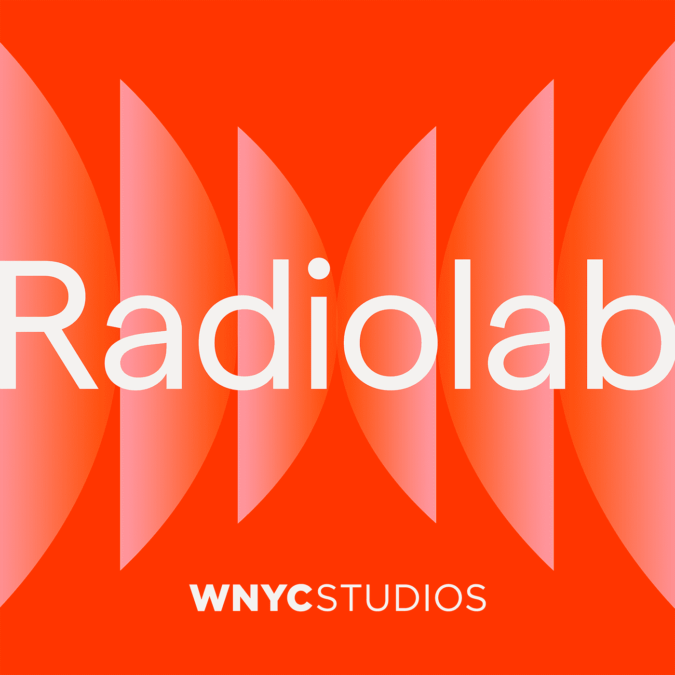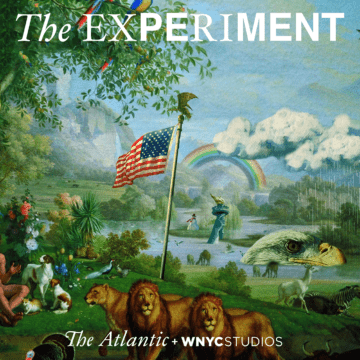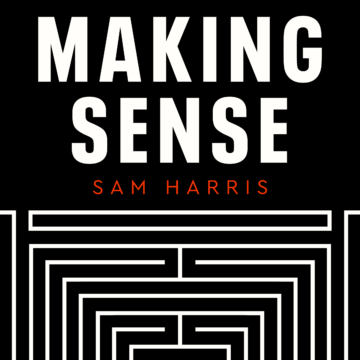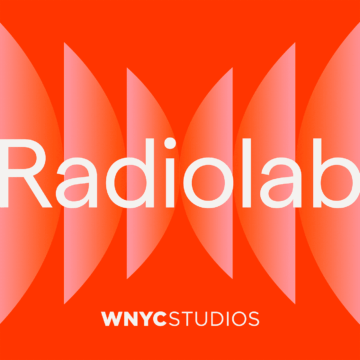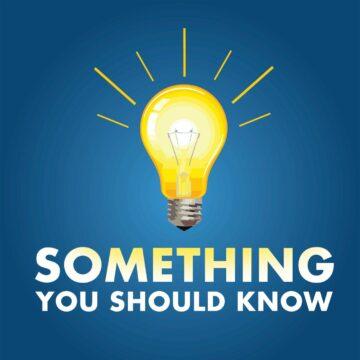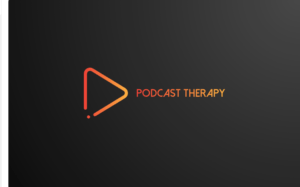First aired in 2015, this is an episode about social media, and how, when we talk online, things can quickly go south. But do they have to? In the earlier days of Facebook, we met with a group of social engineers who were convinced that tiny changes in wording can make the online world a kinder, gentler place.
We just have to agree to be their lab rats.
Because Facebook, or something like it, is where we share and like and gossip and gripe. And before we were as aware of its impact, Facebook had a laboratory of human behavior the likes of which we’d never seen. We got to peek into the work of Arturo Bejar and a team of researchers who were tweaking our online experience, to try to make the world a better place. And even now, just under a decade later, we’re still left wondering if that’s possible, or even a good idea.
EPISODE CREDITS
Reported by – Andrew ZolliOriginal music and sound design contributed by – Mooninites
REFERENCES:
ArticlesAndrew Zolli’s blog post about Darwin’s Stickers (https://zpr.io/ZpMeUnRmVMgP) which highlights another one of these Facebook experiments that didn’t make it into the episode.
BooksAndrew Zolli’s Resilience: Why Things Bounce Back (https://zpr.io/7fYQ9iDYAQBu)Kate Crawford’s Atlas of AI: Power, Politics, and the Planetary Costs of Artificial Intelligence (https://zpr.io/9rU5CGSit3W4)
Our newsletter comes out every Wednesday. It includes short essays, recommendations, and details about other ways to interact with the show. Sign up (https://radiolab.org/newsletter)!Radiolab is supported by listeners like you. Support Radiolab by becoming a member of The Lab (https://members.radiolab.org/) today.Follow our show on Instagram, Twitter and Facebook @radiolab, and share your thoughts with us by emailing radiolab@wnyc.org
Leadership support for Radiolab’s science programming is provided by the Gordon and Betty Moore Foundation, Science Sandbox, a Simons Foundation Initiative, and the John Templeton Foundation. Foundational support for Radiolab was provided by the Alfred P. Sloan Foundation.
